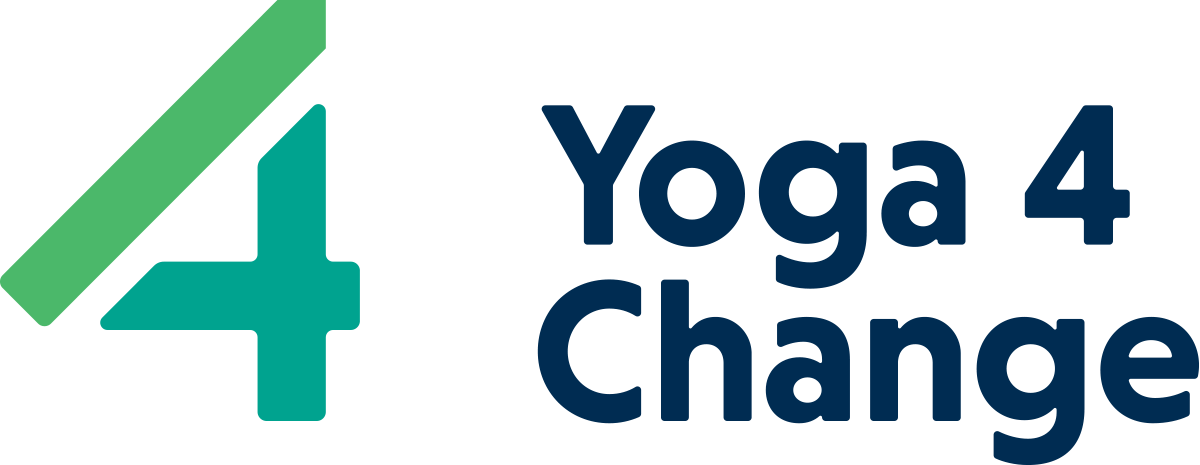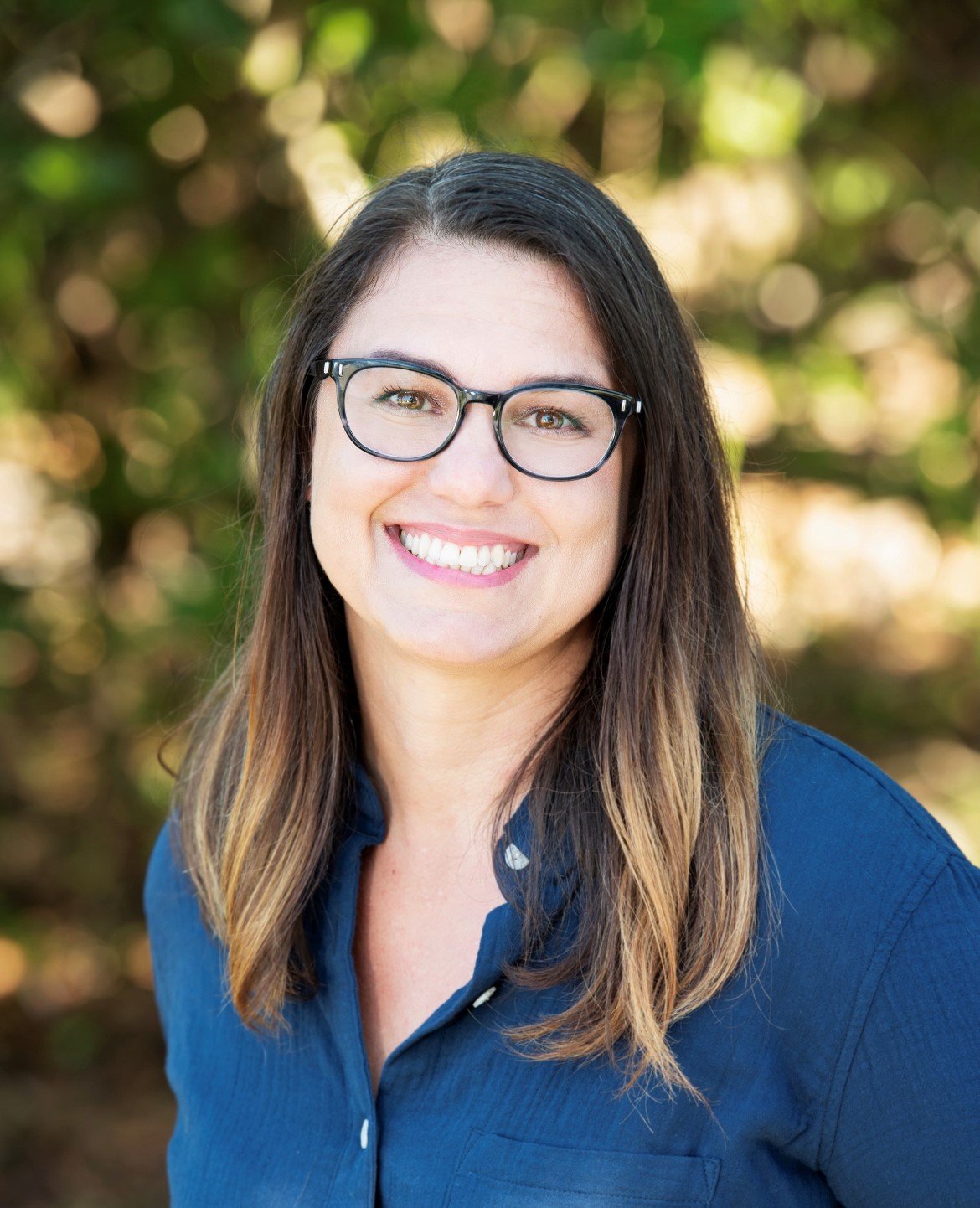Interview with Amanda Kopacz, Trauma-Informed Yoga Teacher
What is your background and how did you start working with Yoga 4 Change?
“I started working with Yoga 4 Change when they expanded to South Florida, which was the beginning of 2019, a little over three years ago. I was already teaching trauma-informed yoga with another nonprofit that was focused on youth; I had been doing that and then I had finished up my yoga teacher training. I actually was with a trauma-informed yoga studio that was in Coral Springs, technically it was basically down the street from Parkland, the Marjorie Stoneman Douglas school, and they were offering free yoga to all of the students. I had a lot of students from Parkland, so I kind of started in the deep end with true trauma, and even though I was a new teacher, I started right away working with some pretty intense trauma. You could see it in their bodies. You could see if there was like a noise in the hallway and just kind of in general, and it was pretty intense. So that’s kind of how I started with Yoga 4 Change, was in that kind of season of things.
Before that, I was already doing a lot of mental health advocacy and outreach and suicide prevention. I had practiced yoga—I started practicing yoga in the nineties, so a really long time ago. But I wasn’t particularly interested in being a yoga teacher because I wasn’t interested in teaching in a studio, but when I kind of discovered this other avenue and how much it was needed, I kind of wanted to use something that had helped me.
It had helped me, and then sometimes with yoga, it was…unhelpful. For me, I am someone who lives with trauma and anxiety and depression and all the things. And I’ve been triggered in yoga classes and actually the only true PTSD flashback I’ve ever had was in a yoga class with a specific breathing exercise. I knew there was lots of good to be had and also, you know, it could be problematic, too. I guess my interest was from personal experience and also from working with vulnerable populations in other ways, kind of wanting to integrate those interests. That’s how I came to Yoga 4 Change.”
Where did most of your trauma-informed education come from?
“It’s a variety. I did my initial training with Connection Coalition, and then my 200-hour [training] was trauma-informed. And then I just kept supplementing, kept adding on more trauma-informed training that was for different specific populations. My 300-hour [training] brought in a lot of guest teachers, and the guest teachers were ‘trauma-informed-and’, so like, trauma-informed AND accessibility, or trauma-informed AND in bigger bodies. It was a lot of this “and”, so that expanded it, and I would say, in addition to all of that, I do trauma-informed other work. I’m a peer specialist, a mental health certified recovery peer specialist, CRPS. A peer specialist is someone who uses their lived experience with mental health to support other people with mental health challenges. It can also be for substance use, that part of mental health, but that’s not my particular experience. A lot of the training that I did to become a peer specialist was also trauma-focused. I’ve been doing that work for probably about four years. Currently, I’m a graduate student in social work, and I focus that on trauma, as well, so it’s integrated from a lot of different directions.”
As far as the perception of yoga as being for a particular population, a particular type of body, or a particular type of person, what do you bring to your classes?
“I approach yoga with self-disclosure and I pretty much start all of my classes asking if there’s anyone new. I will start out in a couple of ways if they have never practiced with Yoga 4 Change before. I will say that we were founded by a military veteran who was a helicopter pilot in the Navy and found yoga and mindfulness to be helpful for her symptoms of PTSD. I will explain that, though I’m not a Veteran, I am someone that has been impacted by anxiety, depression, and trauma, my whole life, and these are skills that have helped me, and that’s why I share it. We have very different experiences, but I show up very vulnerably human and that allows them the space to also be vulnerable and human.
What I have found is, I show up authentically as myself and I am someone that’s been through some stuff, you know, I have definitely been through trauma. I grew up in poverty, I was born of a teen mom, you know, there’s just a lot of stuff, a lot of experiences that inform me of the ways that I am both privileged and then in ways that I am not as privileged. I think it’s helpful for me to be mindful of all of those things and in acknowledging all of those things. When I approach any kind of work, enough though it has different labels, it all feels like the same work to me. It’s a lot about trusting the individual to recognize their wisdom and connect with what is going to help them. Even though it’s different to teach a yoga class than to do group therapy or individual therapy, it all feels very similar because it is me showing up authentically as myself to offer tools, to empower someone else on their journey.”
Interview and blog by: Jamie Root


